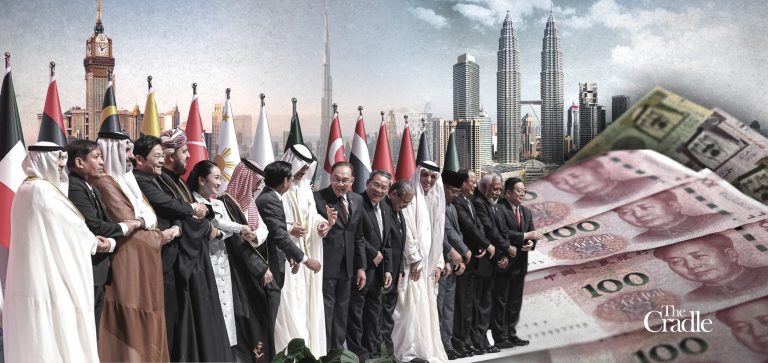A New Asian Triad: ASEAN, China, And The Persian Gulf Align
On 26–27 May, the Malaysian capital, Kuala Lumpur, hosted the first-ever Association of Southeast Asian Nations (ASEAN)–Gulf Cooperation Council (GCC)–China summit, bringing together three of the Global South’s most economically dynamic regions for a trilateral meeting of immense strategic consequence.
While not formalized as a binding alliance, the summit marks the beginning of a bold realignment – one that unites East and West Asia via economic interdependence, shared development visions, and a collective desire to escape western economic coercion.
The summit is historic not only because of its trilateral format, but because it signals the emergence of a flexible Global South bloc capable of recalibrating regional and global power balances.















